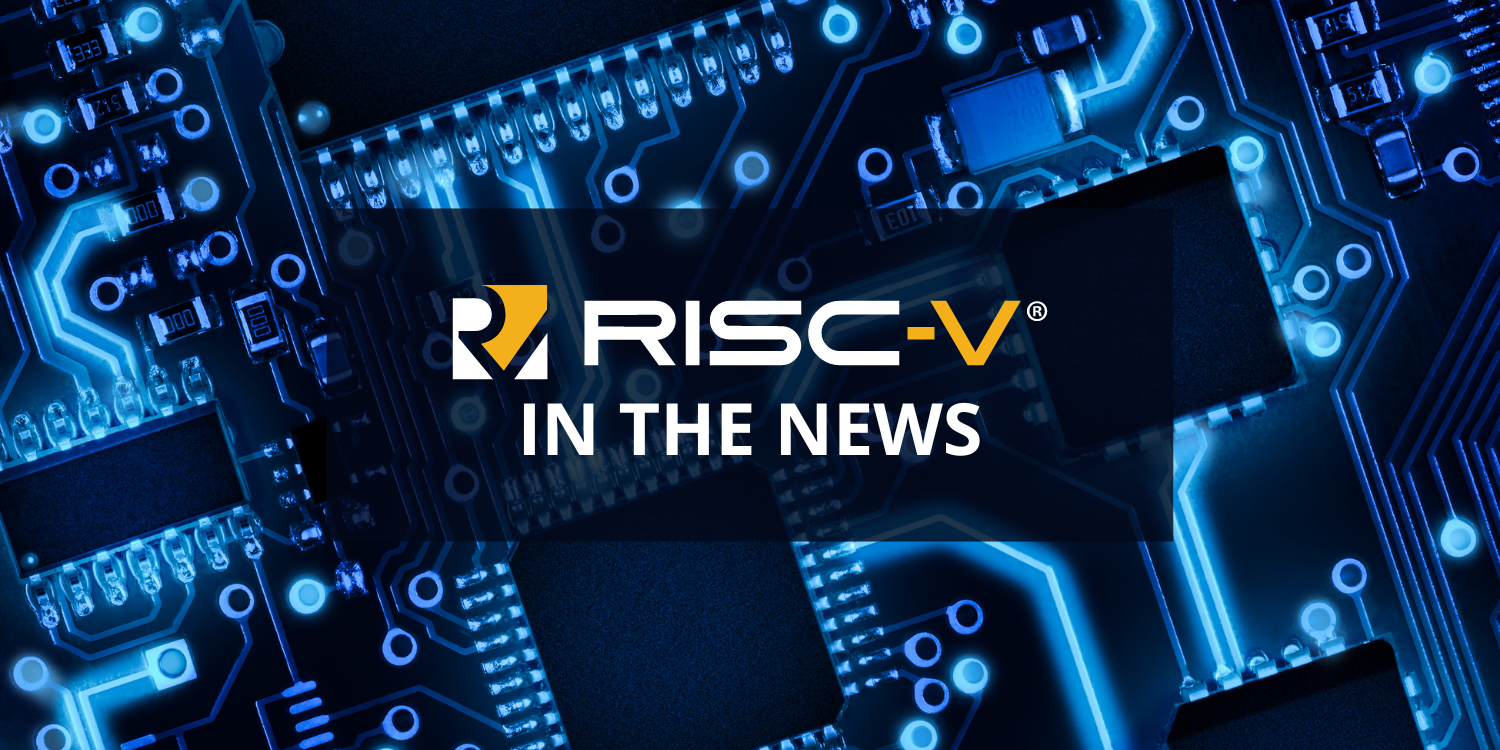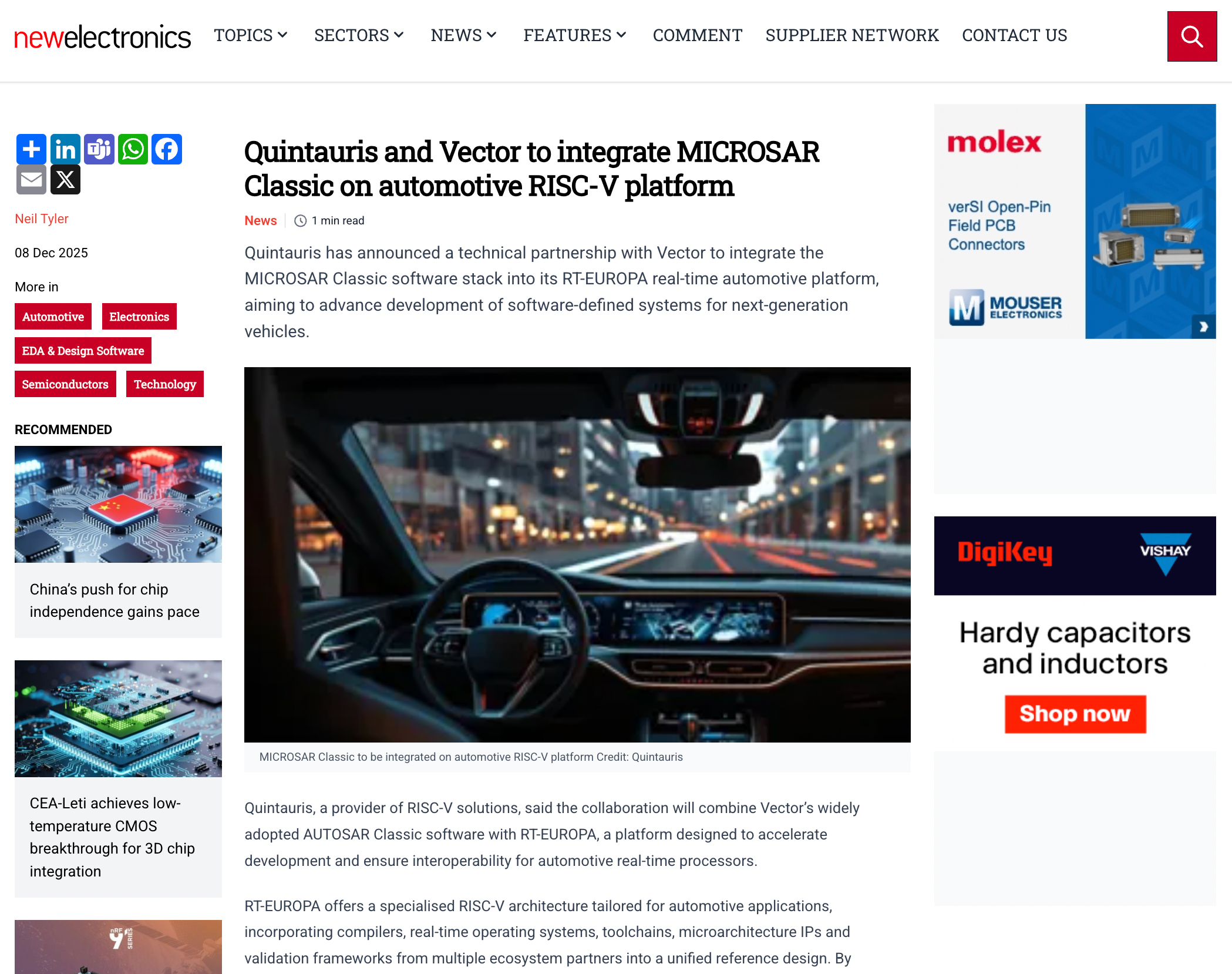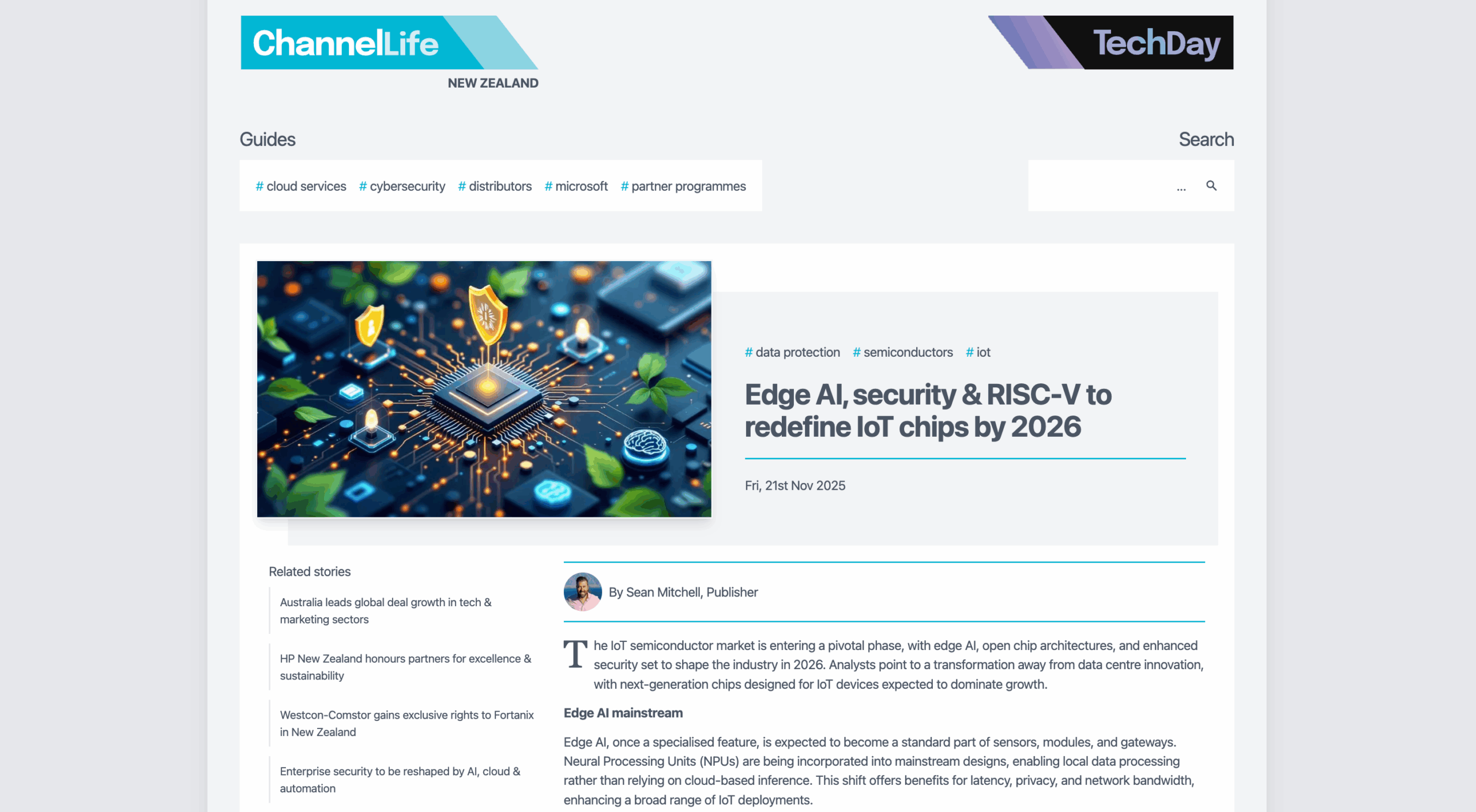
The human race is entering an era in which digital technology is profoundly transforming every aspect of human life. Digital transformation refers to the use of digital technologies to revolutionize business operations and enhance customer experiences. It involves adopting innovative tools and strategies to improve efficiency, agility, and competitiveness in an increasingly digitized world. In this context, RISC-V, an open-source instruction set architecture (ISA), can play a significant role.
RISC-V offers customization, flexibility, and vendor independence, making it valuable for organizations embracing digital transformation. Its open-source nature allows businesses to design, modify, and implement processors based on RISC-V specifications without proprietary licensing constraints. This enables the creation of processors tailored to specific workloads, optimizing performance, energy efficiency, and cost-effectiveness.
By lowering entry barriers for semiconductor startups and companies, RISC-V fosters innovation and the development of specialized hardware solutions. This adaptability makes it suitable for integrating with emerging technologies like AI and IoT, making RISC-V a foundational technology for digital transformation initiatives seeking to leverage these innovations.
Tenstorrent’s RISC-V processor can further enhance the digital transformation journey with its advanced capabilities and unique features. Tenstorrent develops AI processors based on the RISC-V architecture. AI is a crucial component of digital transformation, and Tenstorrent’s RISC-V processor is designed to excel in handling AI workloads. Tenstorrent’s wide-range of superscalar RISC-V IP’s support cloud computing/storage servers, enable edge computing for real time power-efficient processing, and support connecting IoT devices to gather data essential for digital transformation.
By combining the strengths of RISC-V with a specialized focus on AI and data processing, Tenstorrent’s RISC-V processor is positioned to accelerate digital transformation initiatives. Its ability to handle AI workloads efficiently, support edge computing and IoT devices, enable data analytics, promote customization, drive innovation, and enhance security makes it a valuable asset for organizations seeking to leverage AI and data-driven insights to transform their businesses.



